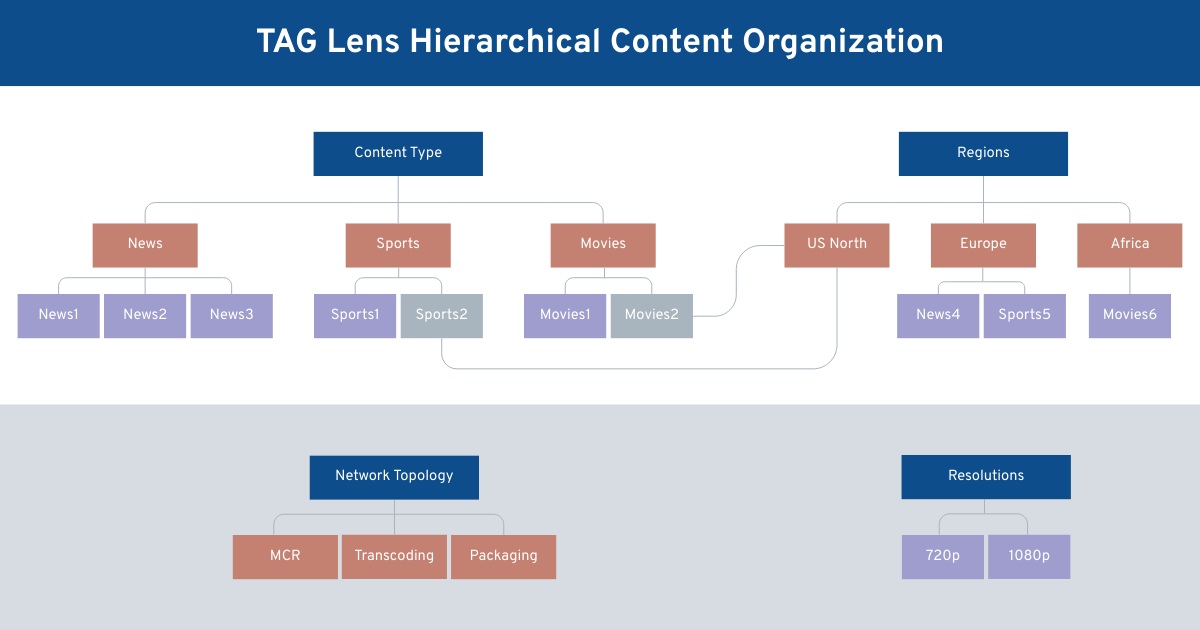HEVC Advance Reconsiders Royalty Structure
The professional video industry's #1 source for news, trends and product and tech information. Sign up below.
You are now subscribed
Your newsletter sign-up was successful
BOSTON—HEVC Advance, the patent pool formed to administer licenses for the High Efficiency Video Codec, is rethinking its controversial fee structure, the CEO said Wednesday. Peter Moller made the statement in an announcement about chipmaker MediaTek joining the pool.
“We have received significant market feedback, particularly on content fees, and will adjust fees to support widespread use of HEVC,” he said.
The message follows a seven-month trajectory in which HEVC Advance launched and announced a fee structure that called for 0.5 percent of revenues on content compressed with HEVC.
Both events were met with aversion by anyone using or preparing to use HEVC for 4K streaming, including Netflix. Dan Rayburn, principal analyst for Frost & Sullivan, noted the 0.5 revenue streaming fee was to be retroactive, and include “all content services that get revenue from advertising, subscription and pay-per-view.” The terms, he said would cost Netflix, for example, more than $100 million a year.
The mere appearance of HEVC Advanced created market confusion in that MPEG-LA was already licensing the codec—but that group focused on equipment. When HEVC Advanced extended the licensing terms to content streamers, they balked.
John Carmack, chief technology officer of Oculus VR, tapped out of encoding with HEVC.
Amazon, Microsoft, Google, Intel, Cisco, Mozilla and Netflix formed their own codec group, the Alliance for Open Media, intended to “create a new, open royalty-free video codec specification based on the contributions of members, along with binding specifications for media format, content encryption and adaptive streaming.”
Alternative codecs gained attention, including Google’s VP9 and a new one from Cisco called “Thor,” intended as a royalty-free alternative to HEVC.
Rayburn, meanwhile, called on affected companies to reject HEVC Advance’s licensing terms, which would be opened for implementation Oct. 1.
“There is no rational business case to agree to their terms, especially when there are no details on which patents will be included or what technologies they cover,” Rayburn said. “And considering the patents are only just starting to be independently evaluated this month, there is no way to know the validity of any of the patents in the pool.”
There were no specifics about how the fee structure would be adjusted in this week’s announcement from HEVC Advance, just that it is “actively soliciting input from market participants and considering adjustments to arrive at a royalty structure that enables continued and rapid adoption of HEVC and brings the associated benefits to stakeholders within the media and technology industries.”
See…
December 4, 2014
“HEVC vs. VP9: Which Will Win?”
The professional video industry's #1 source for news, trends and product and tech information. Sign up below.
